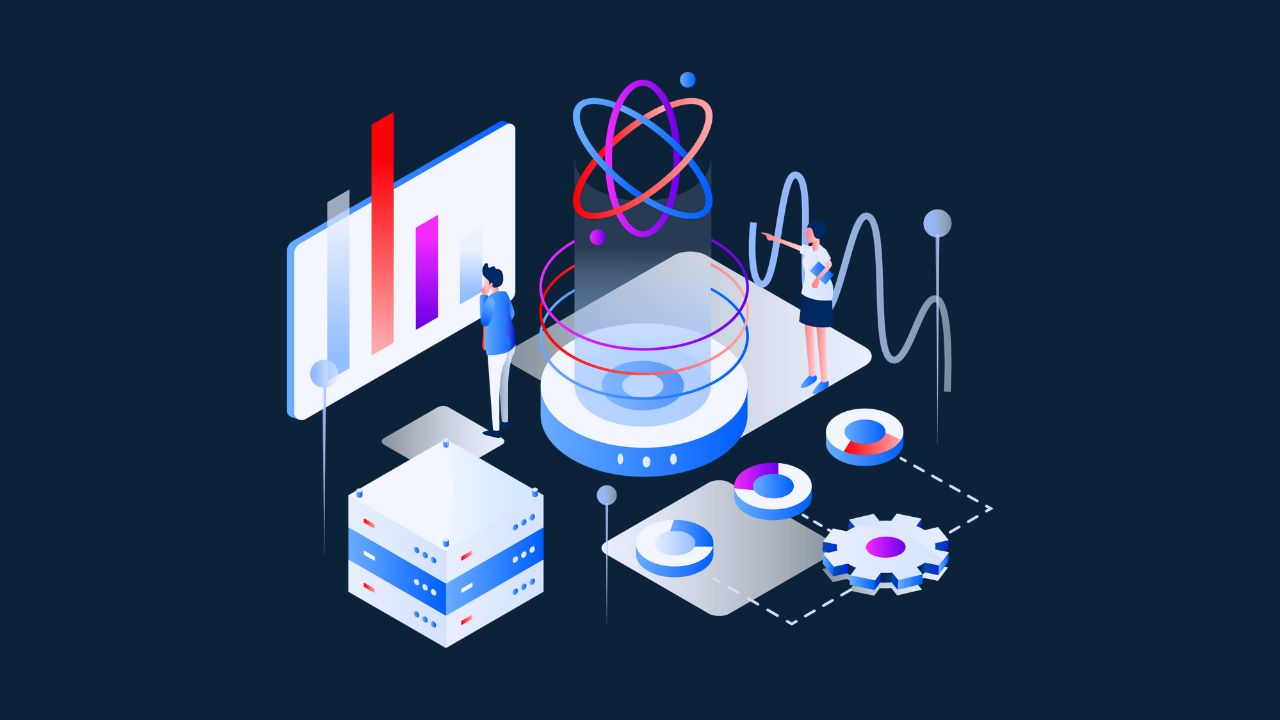
6 Tips & Tricks to Crack Data Science Interviews
Sep 21, 2024 2 Min Read 1917 Views
(Last Updated)
Data science is one of the world’s top lucrative career choices. How hard it is to crack Data Science Interviews? & Why so much demand? It is because – Data Science enables organizations to understand gigantic data from multiple sources efficiently & helps derive valuable insights to make smarter data-driven decisions.
So obviously, Data Scientists are well-paid for their data skills. But, with the increasing competition in the job seekers for these high-paying data science positions, you need to have a knack to crack the data science interviews. Here’s –
Table of contents
- Best Tips & Tricks to crack Data Science Interviews
Best Tips & Tricks to crack Data Science Interviews
1. Data Science Projects at your finger tips
Many aspiring job applicants mention their all of their project works in resume/CV but they fail to brush up the important details & knowledge gained through few of their best works. The best advise to crack data science interviews is to remove/skim the projects that are irrelevant to your job role. Also, be sure of knowing what you’re trying to achieve with job relevant projects as there is no point in simply showcasing how to build different types of charts, pre-processes, and just about manipulating data. Just in case, if you’re curious…explore the top best data science projects on GUVI.
2. Strong Intuition in Problem Solving
The recruiting companies want to know about your logical/creative thought process & test how you approach a problem. So, Practice puzzle solving & programming to improve your problem-solving skills. Hands-on Programming in an analytic language like R or Python will greatly help.
Further, to position yourself as a skilled data scientist, your focus should not only be to know how to solve a problem that’s defined for you, but also should be on how to find & define such problems in the first place.
And, when there are multiple puzzle problems in an interview, then don’t get stuck in solving one single problem. Rather try to take the hints from the interviewer & move forward to solve as many as possible.
3. Previous Case Studies are the Key
This is another variant in problem solving. Case studies provide the means to assess the candidates on how they approach real-life problems. It can be challenging to handle case study problems but with a strategical approach, it can be solved well.
Here, you need to Exhibit your approach but don’t forget to give dedicated time to brainstorming and a great discussion with the interviewer.
- Be curious & try asking all possible questions. This helps connect the dots towards a potential solution
- Figure out a pattern/structure. Under listing the detail into table format & identifying a pattern to all of the information might help you decipher more about the problem.
- Perfection through Practice! Check the Top 8 case studies for Data Scientists. While exploring case studies from trending domains like healthcare, business, retail, etc, will pave a comfortable path towards problem solving & easily crack data science interviews.
4. Don’t overlook Statistical Knowledge
Accurate conclusions & valuable insights are end goals. Your knowledge in applied mathematics & statistics is the key towards it. Implement & understand the variations in the data that are statistically proving important. This helps you arrive at bigger assumptions and conclusions about the business scenario from the data set.
5. Re-check the Data Science Terminology & Jargon
Freshers often feel double crossed when some technical terms & jargon is spilled on the interview table. It is highly advised to have a clear-cut understanding of the technologies, phrases & buzzwords you are likely to come across in the data science world. For example, try to have a grip on concepts by understanding terms like ‘Anonymization’, ‘Clustering’, ‘Data Governance’, etc.
6. Modify your Resume/CV based on your Research
The ultimate step is to make the interviewer understand your real-time data skills by connecting the interviewing company with your research skills. You can build your resume in such a way that matches the companies expectations, goals, vision & mission. Get familiar with the data science projects, technologies & tools of the interviewing company. This makes the recruiters realize your keen interest in the subject & in joining the company as well.
At last my final words are for all new aspirants. Almost all beginners always carry a fear of facing the interview panel for acing the high-demand job roles in Data Science industry. Commit yourself with efforts to upskill & Stay Confident. If you wish to get 360-degree Career Guidance with 100% Job Placement Support through additional Advanced Programming by IIT-M CCE, then Enroll to ZEN-Class Data Science Career Program. Good Luck!

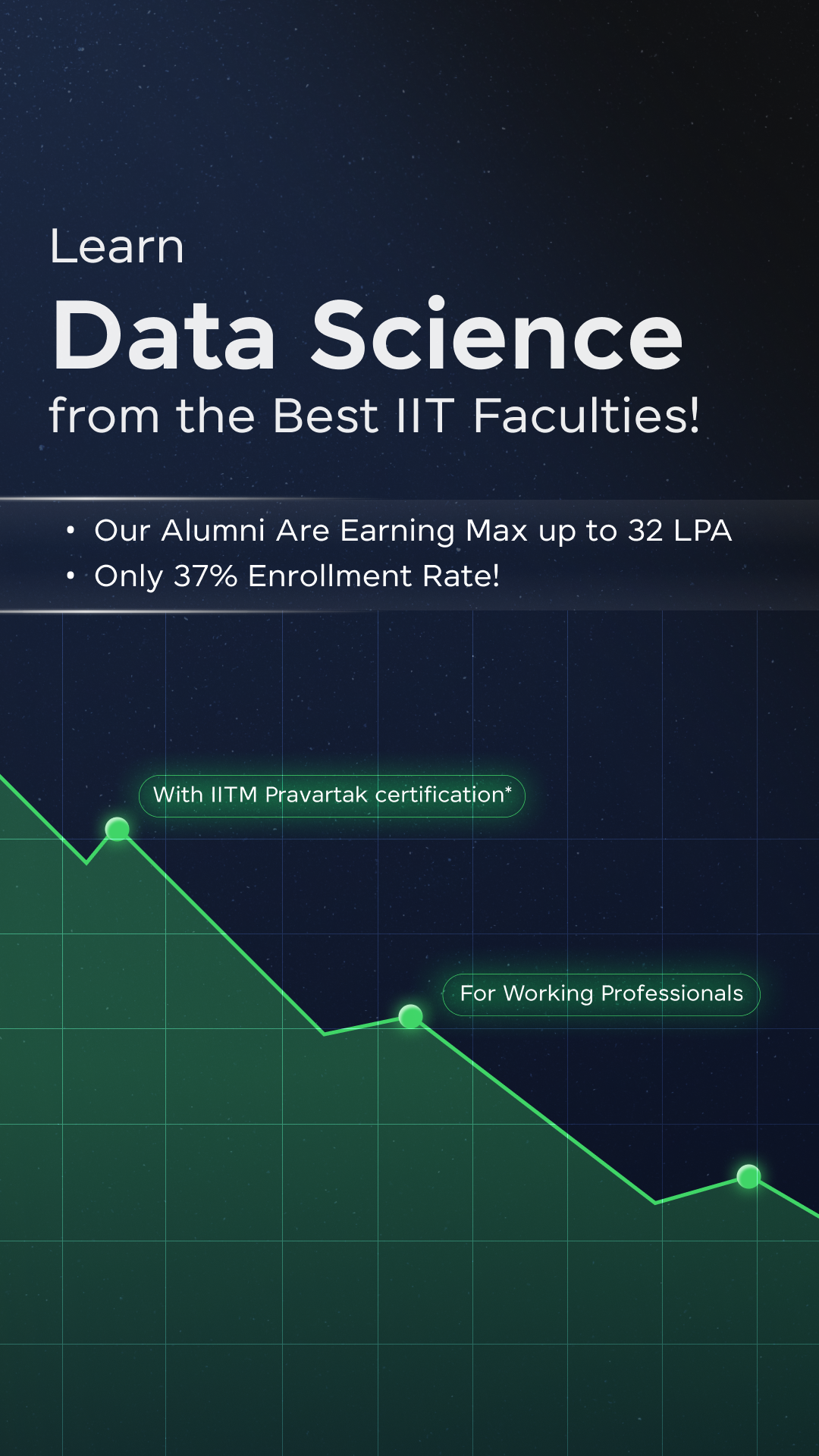














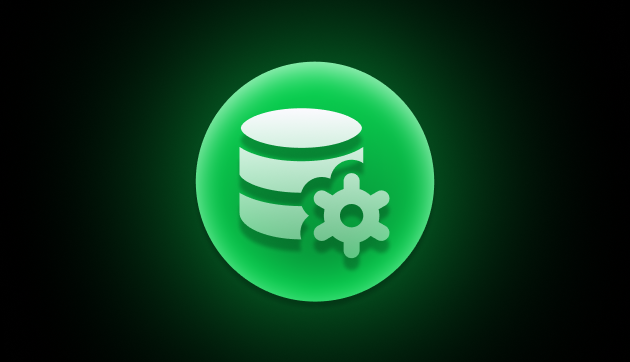

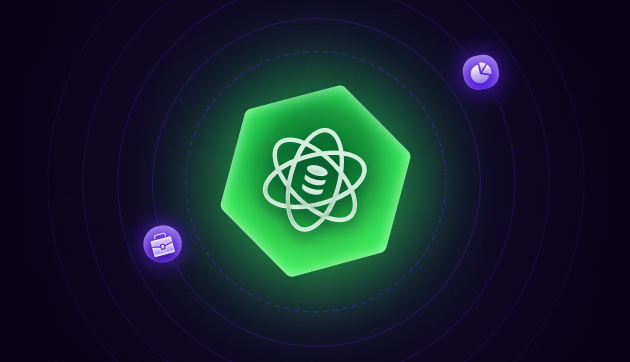
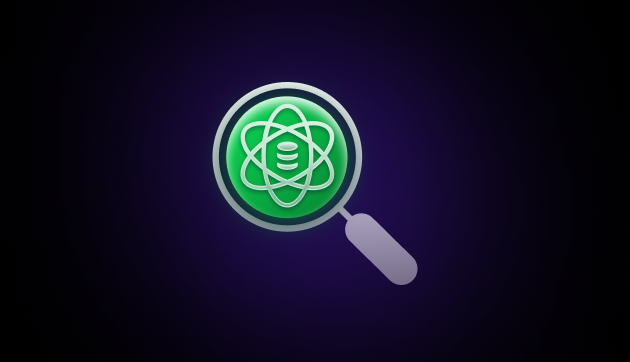
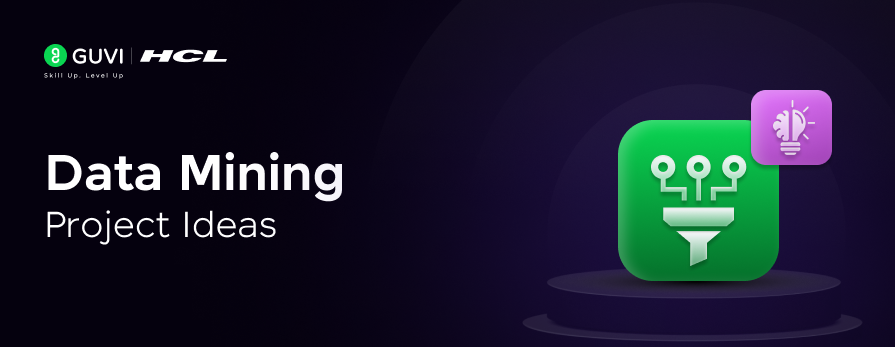
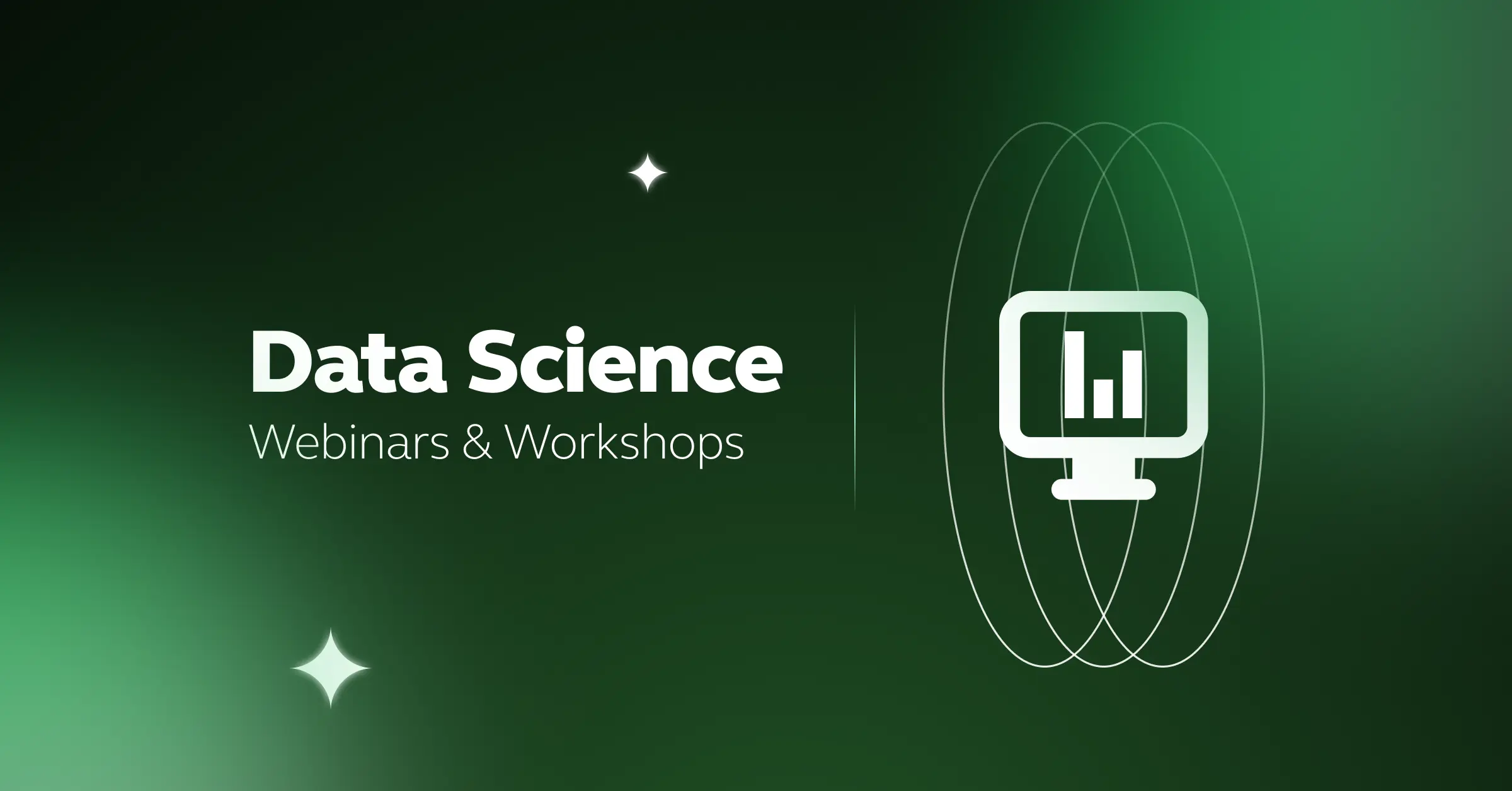
![Top 13 Tableau Projects [with Source Code] 4 tableau projects](https://www.guvi.in/blog/wp-content/uploads/2024/11/Tableau-Project-Ideas.png)

Did you enjoy this article?